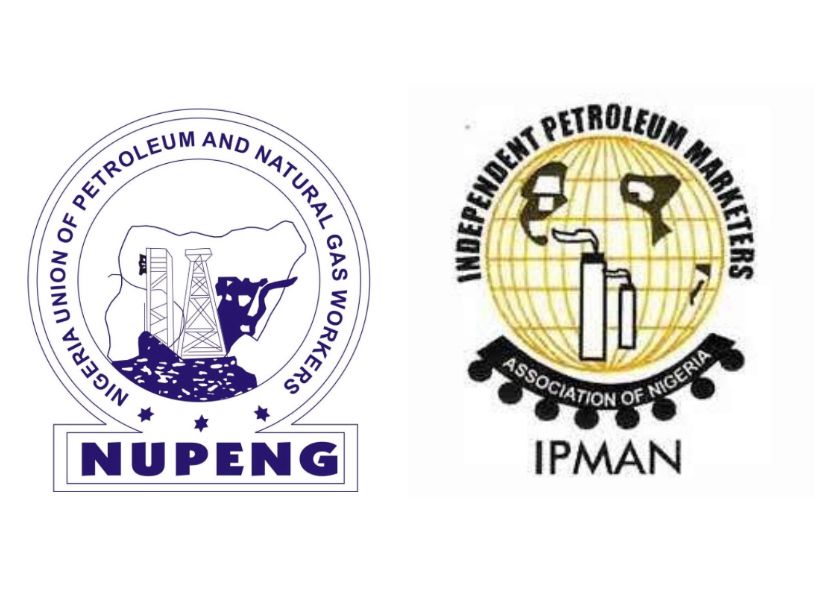KPMG submits SML report todayGlobal auditing firm KPMG has raised red flags over Ghana’s fiscal outlook in its independent review of the government’s 2025 Mid-Year Budget Statement, warning that the country’s ability to meet revenue targets and contain rising debt is being severely tested.
In its summary of the budget highlights, KPMG stated that while the government has taken steps to stabilise the economy following the shocks of COVID-19 and the Russia-Ukraine war, structural fiscal pressures remain unresolved. The firm identifies lower-than-projected domestic revenue, underperformance in non-oil tax collection, and rising interest payments as key fiscal stress points.
According to KPMG, government’s revised 2025 fiscal framework projects a GHC10.9 billion shortfall in revenue, largely due to lower-than-expected inflows from the Growth and Sustainability Levy, petroleum receipts, and other taxes. Despite these challenges, total expenditure is expected to rise to GHC239.8 billion, putting further strain on the fiscal deficit target of 5.9% of GDP.
The report also highlights the worsening debt dynamics, noting that interest payments now account for 45.3% of total revenue, posing a threat to fiscal consolidation efforts. Ghana’s total public debt, though being restructured under the ongoing IMF-supported programme, remains elevated, and the success of the external debt restructuring process will be critical to medium-term recovery.
KPMG further warned that inflation, although easing, continues to erode real incomes and household consumption, while business confidence remains fragile. It noted that achieving the inflation target of 15% by December 2025 would depend heavily on stable exchange rates and tight monetary policy.
The firm also drew attention to the lack of clarity on funding sources for new flagship initiatives announced in the budget, including the Free SHS Expansion and the National Rental Assistance Scheme. “Greater transparency and accountability in expenditure prioritisation will be necessary to rebuild investor confidence,” the report stated.
On the upside, KPMG commended government’s continued efforts to digitise tax administration, enhance property rate mobilisation, and implement expenditure control measures through the Ghana Integrated Financial Management Information System (GIFMIS). The auditing firm also acknowledged the potential revenue boost from the planned review of the tax exemption regime and intensified enforcement by the GRA.
However, it stressed that Ghana’s path to recovery hinges on stronger revenue mobilisation, debt sustainability, and policy credibility.
The government is expected to return to Parliament in the coming weeks to seek approval for GHC11.2 billion in additional spending, a move that has drawn mixed reactions from civil society groups and economists.
As Ghana remains under an IMF programme through 2026, KPMG’s mid-year review serves as a sobering reminder of the tightrope government must walk to balance social spending, debt servicing, and growth stimulation, all while maintaining macroeconomic stability.
The post KPMG flags Ghana’s fiscal risks in 2025 Mid-Year Budget Review appeared first on The Herald ghana.






